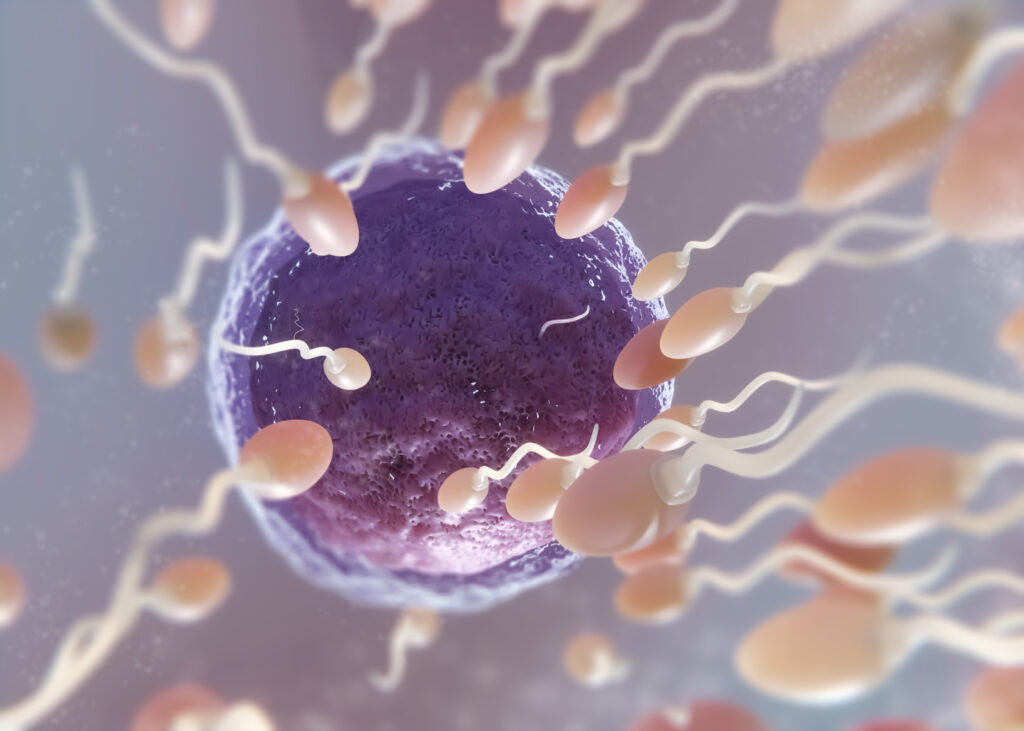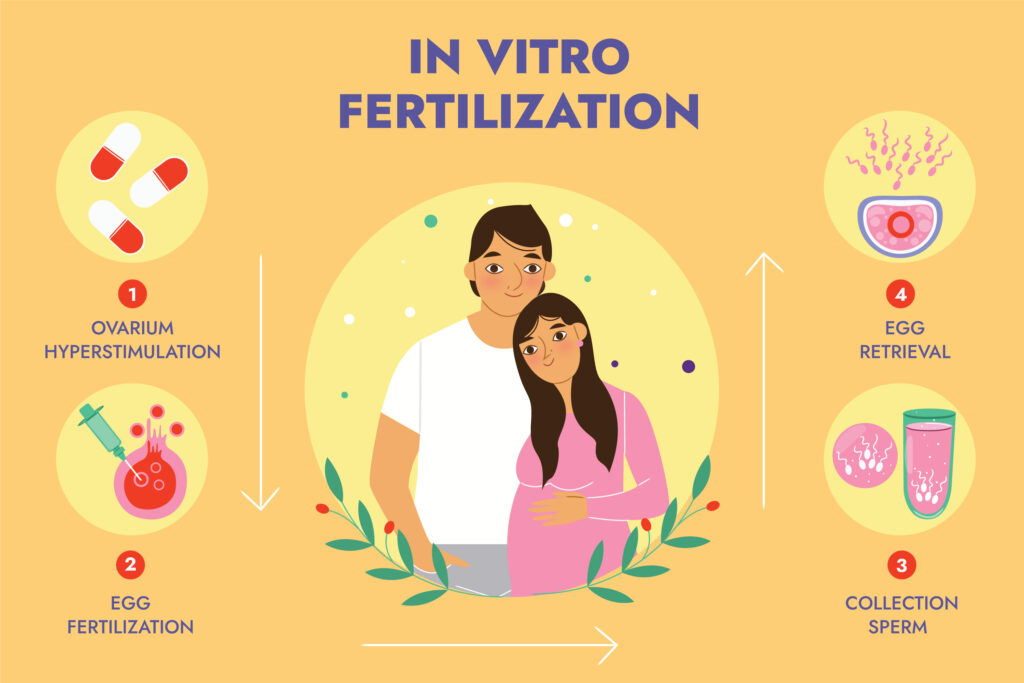
Recent Advances In IVF Treatment: In recent years, in vitro fertilization (IVF) has seen several advancements that enhance success rates and address various challenges faced by patients. Here are some notable developments:

Recent Advances In IVF Treatment
- Preimplantation Genetic Testing (PGT): This technology allows for genetic screening of embryos before implantation. PGT can identify chromosomal abnormalities and specific genetic disorders, improving the chances of a healthy pregnancy and reducing the risk of miscarriage.
- Embryo Culture Media Improvements: Advances in the composition of culture media used to nurture embryos in the lab have led to better embryo development and higher implantation rates. New media formulations are designed to better mimic the natural environment of the human uterus.
- Time-Lapse Imaging: Time-lapse systems continuously monitor embryo development without disturbing the culture environment. This technology provides detailed information about embryo growth patterns, which can help in selecting the most viable embryos for transfer.
- Artificial Intelligence (AI) and Machine Learning: AI is increasingly being used to analyze embryo images and predict which embryos are most likely to implant successfully. These tools assist embryologists in making more informed decisions.
- Improved Ovarian Stimulation Protocols: New approaches and medications for ovarian stimulation have been developed to enhance egg retrieval while minimizing side effects and the risk of ovarian hyperstimulation syndrome (OHSS).

Recent Advances In IVF Treatment
- Non-Invasive Preimplantation Genetic Testing (niPGT): Researchers are exploring non-invasive methods for genetic testing that do not require embryo biopsy. This could make genetic testing safer and more accessible.
- Uterine Receptivity Testing: Advances in techniques like the Endometrial Receptivity Array (ERA) help to determine the optimal time for embryo transfer by assessing the receptivity of the uterine lining. This can increase the chances of successful implantation.
- Cryopreservation Techniques: Improved cryopreservation methods, including vitrification, have enhanced the survival rates of frozen embryos and eggs, making it possible to store and use them at a later date with high success rates.
- Microfluidics: This technology is being used to create lab-on-a-chip devices that can manipulate and analyze small volumes of fluids, which might lead to more efficient sperm selection and embryo culture.
- Personalized Medicine: Increasingly, IVF treatment is being tailored to the individual needs of patients based on their specific genetic, hormonal, and physiological profiles.
These recent advances in IVF treatment collectively contribute to higher success rates, reduced risks, and more personalized IVF treatments, offering hope to many individuals and couples facing fertility challenges.
